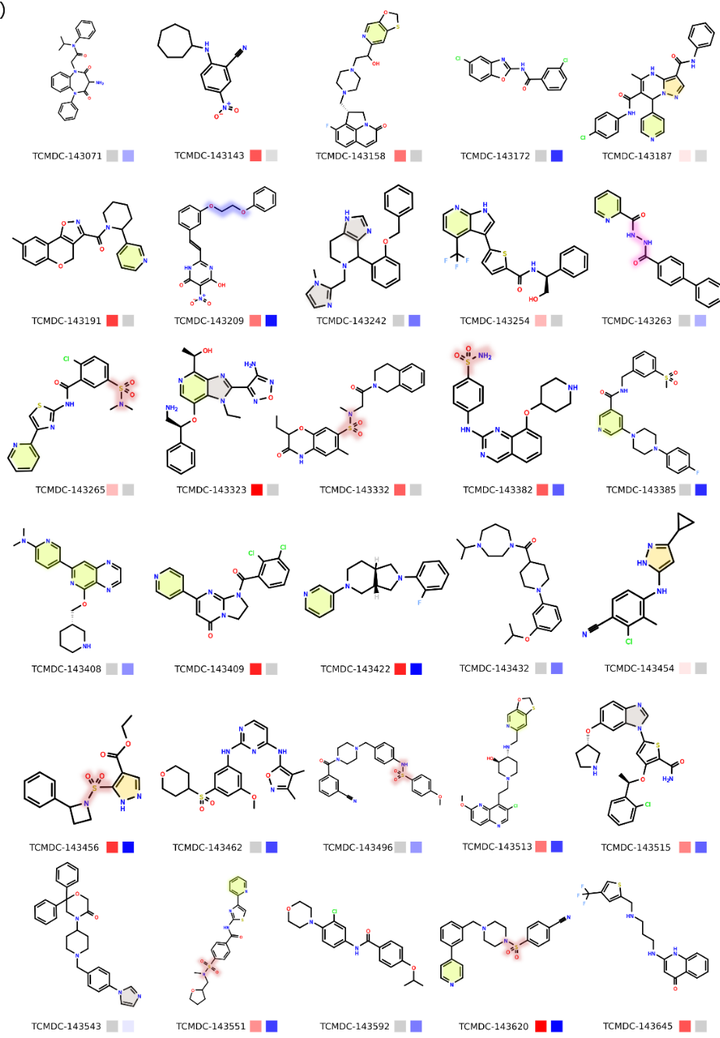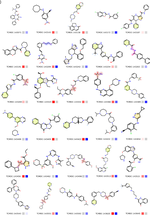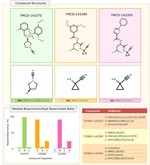High-throughput screening of trypanocidal agents
Last updated on
Aug 4, 2019
 Genomics based drug discovery, by @leitouran
Genomics based drug discovery, by @leitouran
This is an interdisciplinary approach to drug discovery that takes advantage of the large amounts of bioactive compounds data gathered for other projects to create drug repurposing proposals/hypotheses. We test these by performing phenotypic or biochemical medium/high-trhoughput screenings to answer different questions regarding drug-target or drug-pathogen interactions.
Lionel Urán Landaburu
Former Lab Member (2016 – 2023)
PhD Fellow, teacher and science divulgation enthusiast.
Fernán Agüero
Principal Investigator, Assistant Professor
Using and generating data to guide discovery of new drugs and diagnostics.
Related
Publications
Screening and Identification of Metacaspase Inhibitors: Evaluation of Inhibition Mechanism and Trypanocidal Activity
A common strategy to identify new antiparasitic agents is the targeting of proteases, due to their essential contributions to parasite …
Target-based screening of the Chagas box: setting up enzymatic assays to discover specific inhibitors across bioactive compounds.
Chagas disease is a neglected tropical illness caused by the protozoan parasite Trypanosoma cruzi. The disease is endemic in Latin …
Potent and selective inhibitors for M32 metallocarboxypeptidases identified from high-throughput screening of anti-kinetoplastid chemical boxes
Identification of the first inhibitors and chemical tools for the M32 family of carboxypeptidases
Novel scaffolds for inhibition of Cruzipain identified from high-throughput screening of anti-kinetoplastid chemical boxes
American Trypanosomiasis or Chagas disease is a prevalent, neglected and serious debilitating illness caused by the kinetoplastid …

